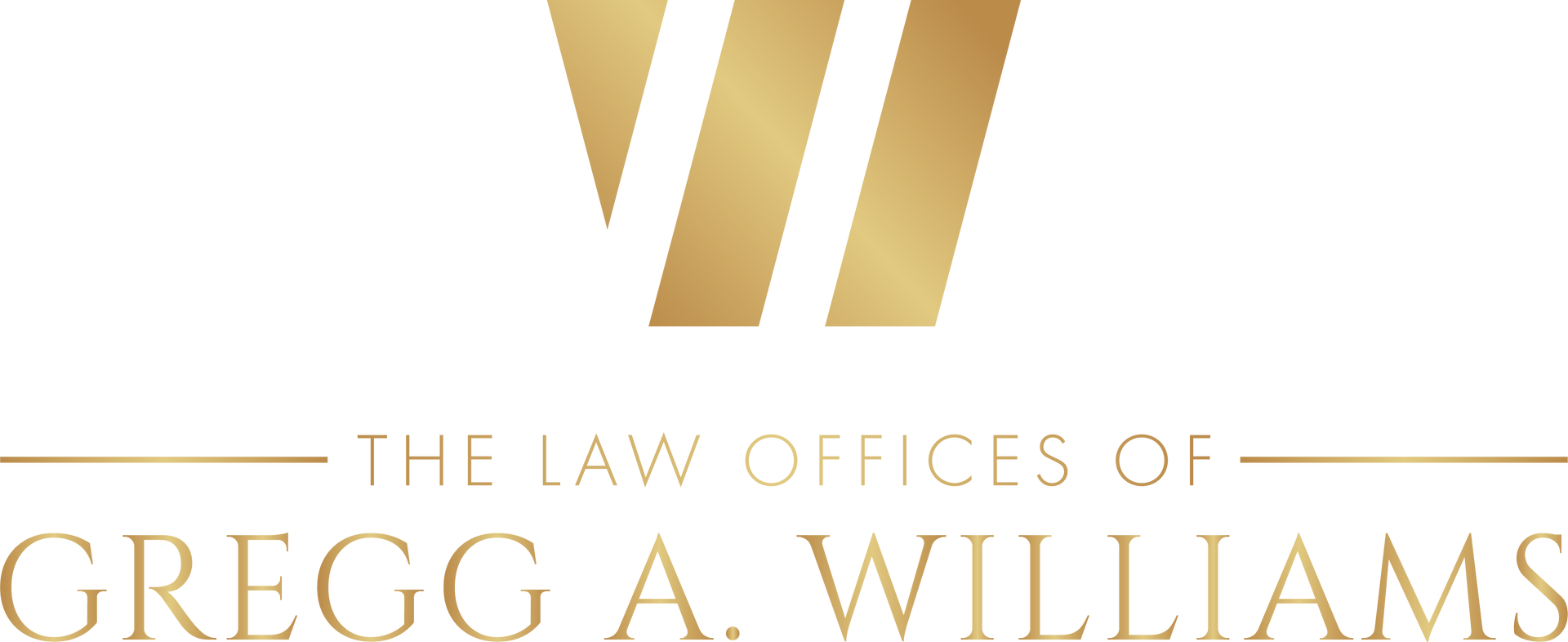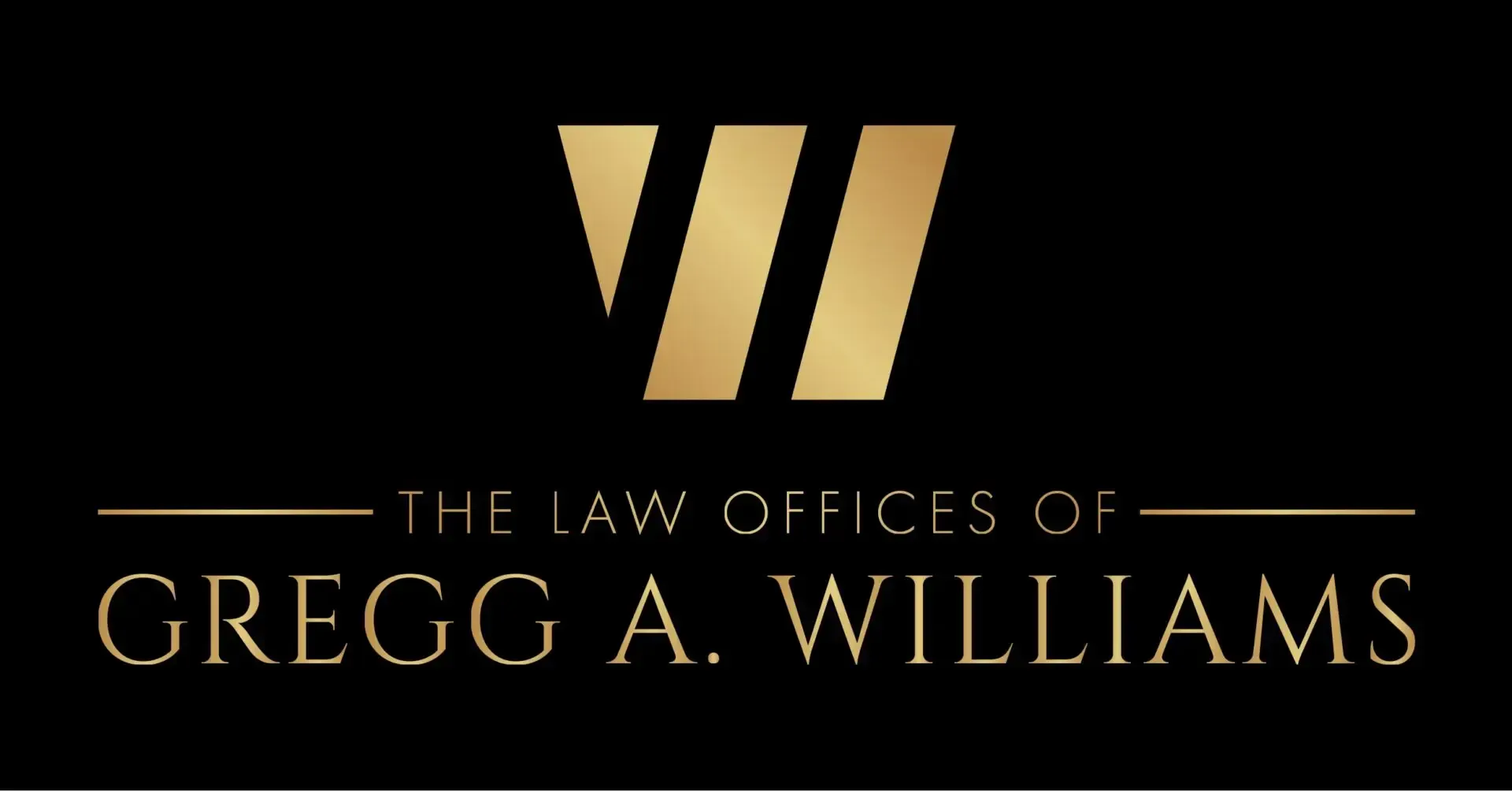If you've been in a New Jersey car crash, you're probably juggling doctor visits, repair shops, and calls from insurance adjusters-all while wondering who's paying the bills. New Jersey's no-fault system was designed to get your medical care started quickly, but the rules can be confusing. At the Law Offices of Gregg A. Williams, we help accident victims in East Brunswick, Woodbridge, and across Middlesex County understand their coverage, protect their rights, and pursue every dollar they're owed.
What "No-Fault" Means in New Jersey
In NJ, most crash-related medical bills are paid by your own auto policy through Personal Injury Protection ( PIP), regardless of who caused the crash. That's the "no-fault" piece: you don't wait for the other driver's insurer to accept blame before you get treated.
New Jersey is also a choice no-fault state. When you buy a Standard Policy, you pick a lawsuit option:
- Limited Right to Sue(also called the "verbal threshold"): You can claim medical bills and economic losses, but you can only sue for pain and suffering if you suffered a qualifying "serious injury" (e.g., significant scarring/disfigurement, displaced fracture, loss of a body part, permanent injury, etc.).
- Unlimited Right to Sue: You retain the ability to claim pain and suffering for any injury caused by a negligent driver.
There's also a Basic Policy(lower-cost, lower-protection) that limits liability coverage and often restricts your ability to sue. Most families are better served by the Standard Policy with carefully selected limits.
Why No-Fault Matters to You
- Faster medical care: You can begin treatment right away under your PIP benefits.
- Out-of-pocket costs: Your deductible and co-pays impact what you personally spend.
- Control over lawsuits: Your chosen lawsuit option (limited vs. unlimited) determines whether and when you can pursue pain-and-suffering damages.
- Settlement value: Thresholds, policy limits, and available coverages (including underinsured motorist coverage) can significantly affect your case value.
- Peace of mind: Done right, no-fault speeds up care and keeps collections calls off your back. Done wrong, denials and delays can stall your recovery.
The Building Blocks of NJ PIP (What's Covered)
Medical Expenses: PIP pays "reasonable and necessary" crash-related care (ER, specialists, imaging, surgery, rehab, prescriptions). Policies have limits you choose (commonly $15,000 per person per accident). Exception: NJ provides up to $250,000 for certain serious injuries (e.g., traumatic brain/spinal cord injuries) and for emergency/trauma care, regardless of your selected lower limit.
Deductible & Co-Pay: You select a deductible (often $250-$2,500). After the deductible, you typically pay 20% of the next $5,000 of bills (max $1,000 out of pocket), then PIP pays 100% until your limit is reached.
Health Primary Option: You can elect your health insurance as primary for crash medical care to reduce auto premiums; PIP then acts as secondary. This can be cheaper-but has tradeoffs (network rules, co-insurance, liens).
Income Continuation & Essential Services (Optional): PIP can include wage loss, household services(e.g., childcare, cleaning if you're unable), death benefits, and funeral expenses if you selected these options.
Pre-Certification & IMEs: Insurers often require pre-certification for certain treatments and may schedule independent medical exams (IMEs) to confirm medical necessity. Disputes can be resolved through PIP arbitration.
Property Damage & Vehicle Repairs: No-fault doesn't pay to fix your car-that's your collision coverage(or the at-fault driver's property damage liability if you proceed against them). PIP is for medical and related benefits.
UM/UIM Coverage: Uninsured/Underinsured Motorist coverage can be critical if the at-fault driver has little or no insurance. This is part of your own policy and can make or break a serious-injury claim.
Step-by-Step: What to Do in the First 72 Hours
- Call 911 and get medical care. Tell providers this was a motor vehicle crash so they bill PIP correctly.
- Exchange information and photograph vehicles, plates, scene, road conditions, and visible injuries.
- File a police report(or obtain it). It's a key piece of documentation for liability and insurance.
- Notify your auto insurer promptly to open your PIP claim; ask how to submit treatment for pre-cert.
- Choose providers thoughtfully. Some policies require network providers or pre-certification.
- Avoid recorded statements to any insurer (including your own) until you understand your rights.
- Call an attorney early. We preserve evidence, manage PIP paperwork, and protect your third-party claim.
Common Scenarios (And How No-Fault Applies)
You were at fault. PIP still pays your crash-related medical bills up to your limits. You likely cannot pursue pain and suffering from others.
You weren't at fault. Your PIP still pays initially. A third-party claim against the at-fault driver may recover pain and suffering (subject to your lawsuit option/threshold) and remaining economic losses not covered by PIP.
You were a passenger. Your own PIP (or a resident family member's policy) typically pays first. If none, the vehicle owner's policy may apply.
You were a pedestrian or bicyclist. Your auto PIP may still cover you; if you don't have one, other sources may apply before the driver's liability insurer.
Rideshare (Uber/Lyft). Coverage depends on whether the app was on, waiting for a ride, or transporting a passenger. Multiple layers of insurance may apply.
Motorcycle crashes. Standard NJ auto PIP usually does not cover motorcyclists; medical coverage may come from health insurance or a motorcycle med-pay endorsement. Injury claims proceed against the at-fault party.
Out-of-state drivers. NJ's system can still apply to crashes that happen here; coordination of benefits gets technical.
Issues Clients Often Face
- PIP denials or "not medically necessary" determinations after an IME
- Health-primary coordination problems(network, referrals, co-insurance)
- Coverage exhaustion(you hit your PIP limit) while treatment continues
- Balance billing or providers mis-coding bills (sent to health instead of PIP or vice versa)
- Delayed repairs and rental coverage battles on the property-damage side
- Comparative negligence arguments to reduce your third-party recovery
- Lawsuit threshold surprises when clients discover they chose the limited right to sue
- Tight deadlines for PIP notices, provider pre-certs, and the two-year statute of limitations for injury claims
Each of these can be managed-but only if you spot them early and respond correctly.
How Fault Still Matters in a No-Fault State
"No-fault" governs medical billing, not the entire case. Liability still matters for pain and suffering, lost wages beyond PIP, and other damages. NJ uses comparative negligence-your recovery is reduced by your percentage of fault, and barred at more than 50% fault. Evidence (photos, witnesses, downloads, cameras) is the antidote to finger-pointing.
Key Evidence to Protect Your Rights
- Photos/videos of the scene, damage, injuries, and road conditions
- Police report and any supplemental reports
- Body-shop estimates and property-damage photos
- Medical records, diagnostic studies, and treatment plans
- Employment records for lost wages and missed time
- Witness info and any available traffic or dash-cam footage
The sooner we're involved, the faster we can lock this down.
Case Examples (Hypothetical)
- Rear-end on Route 18: Your PIP pays initial medical care. With the limited right to sue, you'll need a qualifying injury to claim pain and suffering. If you have a displaced fracture or permanent injury, we build and pursue the third-party claim.
- Intersection crash in Woodbridge: You selected unlimited right to sue. We pursue pain and suffering plus lost wages not covered by PIP, and explore UIM if the other driver's limits are low.
- Pedestrian in Edison: Your auto policy's PIP may cover you even though you weren't driving. We then pursue the driver's insurer for non-economic damages and any uncovered economic losses.
How Our Firm Helps (And Why It Matters)
- PIP claim setup & management: We open claims, submit forms, coordinate pre-cert, and fight denials/arbitrations.
- Coverage mapping: We identify every applicable policy(PIP, health, UM/UIM, liability) so nothing is left on the table.
- Evidence & experts: We secure video, downloads, crash recon when needed, and the medical proof to meet or surpass the lawsuit threshold.
- Damages strategy: We calculate future care, wage loss, and life-impact damages to maximize settlement value.
- Negotiation & litigation: We push for full value-and take cases to court when insurers play games.
- Client-first communication: Clear updates, bilingual staff, and guidance on providers and billing.
When your health and finances are on the line, experienced guidance turns a maze into a plan.
Quick FAQs
Will my premiums go up if I use PIP? Using PIP doesn't automatically raise rates; fault, prior history, and carrier practices matter. Get care first-then we strategize.
Can I choose my own doctor?
It depends on your policy and network rules. We help you navigate in-network
and pre-cert requirements.
What if my PIP runs out?
We coordinate health insurance, pursue third-party recovery, and evaluate UM/UIM
claims.
How long do I have to file a claim?
Personal injury claims are generally two years
from the crash; PIP notices and provider deadlines can be much shorter.
Call for Help Before Small Problems Become Big Ones
New Jersey's no-fault system can speed your recovery-or stall it-depending on how it's handled. If you were injured in a crash, let us manage the insurance maze while you focus on getting better.
Free consultation. No fee unless we win.
Law Offices of Gregg A. Williams - East Brunswick & Woodbridge
Serving Middlesex County and Central/North Jersey, including East Brunswick, New Brunswick, North Brunswick, Old Bridge, Edison, Woodbridge Township, Rahway, and Perth Amboy.
This post is for general information only and not legal advice. Contact us to discuss your specific situation.


